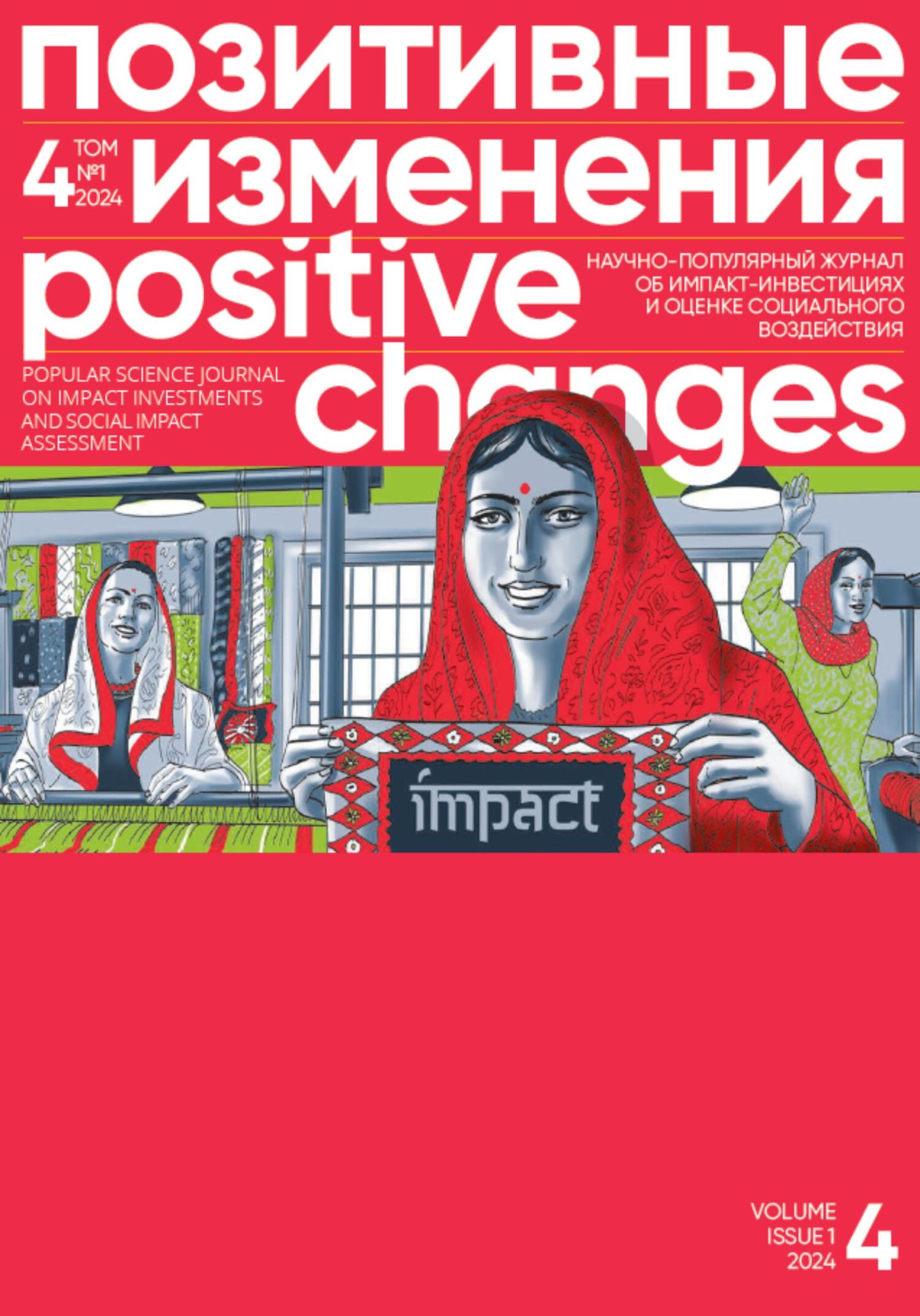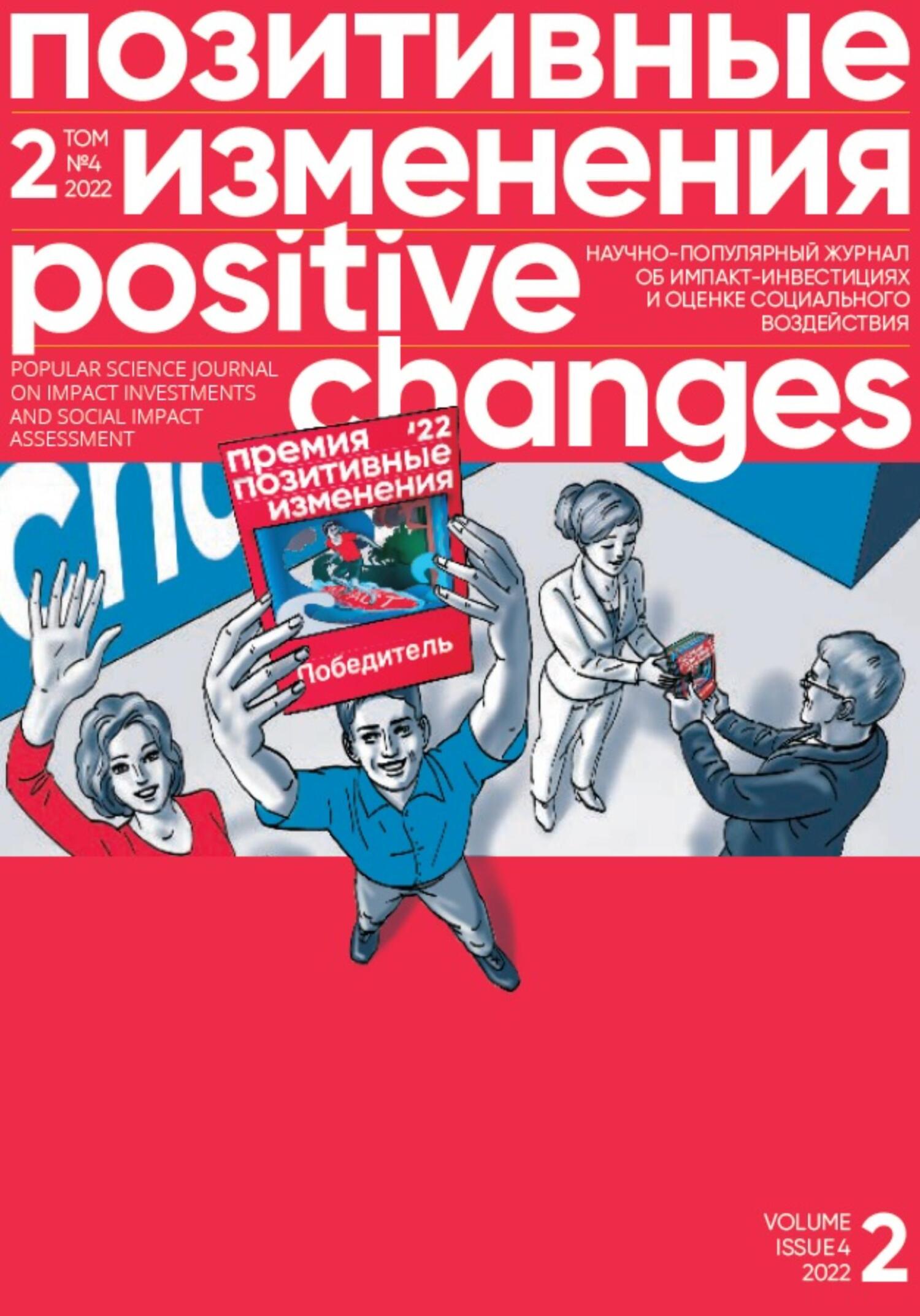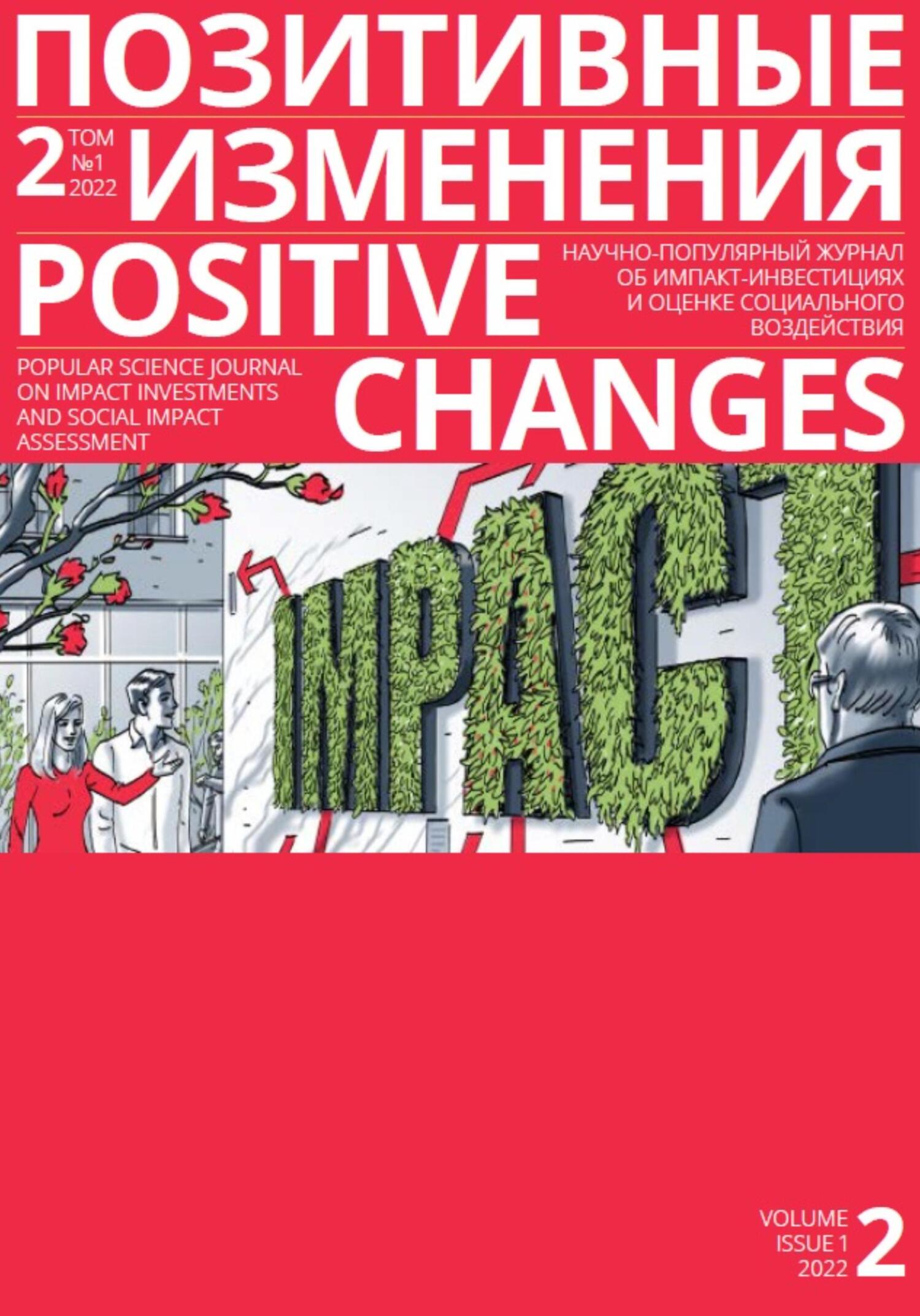considered a pivotal part of young people’s development;
• Integrity. Holistic attention is given to every facet of wholesome personal growth, including physical, social, moral, emotional, and cognitive dimensions;
• Durability and a long-term perspective. The approach is centered on strategic long-term planning over temporary fixes;
• Normalization. Young individuals are encouraged to perceive themselves as resembling their peers in both behavior and development;
• Prosocial behavior and proactive attitudes. The nurturing of healthy prosocial behaviors is encouraged;
• Accessibility. Activities are designed to be inclusive for all, not just targeting youth with challenges.
A CASE STUDY OF THE PYD CONCEPT APPLIED AT THE VICTORIA CHARITABLE CHILDREN’S FUND
The Victoria Charitable Children’s Fund, with its mission to protect, restore, and establish support structures for children facing life challenges, bases its work on the “Positive Youth Development“ concept. Specific components of this approach have been implemented by the organization since 2017 and fully integrated since 2020.
One of the foundation’s significant projects is the “Graduate’s Home,“ within which graduates from foster families and boarding institutions in the Krasnodar Territory receive social, psychological, legal, and other forms of assistance, as well as the opportunity for temporary residence in a social hotel.
Social workers, psychologists, and coordinators at the Victoria Charitable Children’s Fund integrate the PYD concept with the “Case Work“ methodology (Borzov, 2020). The fundamental steps of this method are outlined in Figure 1.
This integration allows for the simultaneous management of three types of processes.
THE FIRST TYPE OF PROCESSES. PROBLEM-SOLVING
Case managers primarily focus on resolving the issues faced by young individuals with orphanhood experience. Together with the client, specialists translate issues into tasks or a series of tasks, establishing a collaborative work process. This may involve actions such as reinstating education, securing employment, resolving housing matters, or retrieving lost documents.
The supporting professional and the client jointly draft an action plan, detailing respective responsibilities and specific actions to be undertaken by both parties, the professional and the client.
THE SECOND TYPE OF PROCESSES. DEVELOPMENT OF THE CLIENT’S COMPETENCIES
The case supervisor considers the problem-solving process as a psycho-educational opportunity to develop the client’s skills: competency, confidence, the ability to forge connections, rely on one’s values, and care for others. In planning the implementation of the action plan, the supporting professional and the client strive to maximize the use of strengths for these tasks, as well as to set tasks within the zone of proximal development for each skill (Obukhova, 2010).
THE THIRD TYPE OF PROCESSES. DEVELOPMENT OF A SUPPORTIVE ENVIRONMENT
The Victoria Charitable Children’s Fund makes special efforts to create a supportive environment throughout the city of Armavir, where the “Graduate’s Home“ project is implemented. The fund develops programs to support foster parents (factor of caring adults), supports teen and youth projects aimed at developing youth participation (factors of opportunity to participate in decisions and management, leadership), as well as teen and youth volunteer and sports projects (factors of leadership, positive peer groups, involvement in community activities). A large number of recreational and supportive activities are organized for different age groups (factors of positive peer groups, emotional support), provides safe housing (factor of physical and psychological protection).
In the course of living in the social hotel at the center “Graduate’s Home,“ the children form and strengthen not only basic skills of housekeeping and personal budgeting, but also a careful attitude to each other, respect, cohesiveness, understanding of “brotherly support,“ and the ability to find a constructive way out of conflict situations.
Specialists working in the project play an important role in assisting graduates to resolve social, psychological, and legal issues. Having necessary professional support and backing contributes to strengthening an individual’s network of social contacts and enhances confidence in the future.
ASSESSMENT OF THE EFFECTIVENESS OF PSYCHOLOGICAL PROGRAMS AND TRAININGS THROUGH PSYCHOLOGICAL METHODS
One of the tasks of the “Graduate’s Home“ project is to provide psychological assistance to graduates for working through past traumatic experiences, enhancing self-esteem and readiness for independent life, and emotional and personal development. Special emphasis is placed on resilience training (Ordina, 2023). The following methods were used to measure the effectiveness of the work in providing psychological assistance to young people with orphanhood experience:
1. The resilience test (S. Muddi) adapted by D. A. Leontiev and E. I. Rasskazov.
2. The Ways of Coping Questionnaire (WCQ), developed by R. Lazarus and S. Folkman in 1984, adapted by L. I. Wasserman.
3. Express diagnostics of the level of self-esteem, developed by N. P. Fetiskin and V. V. Kozlov.
4. The questionnaire “Study of volitional self-regulation“ developed by A. V. Zverikov and E. V. Eidman.
SAMPLING
The research was conducted during the 2021–2022 academic year. In the resilience trainings within the “Graduate’s Home“ project, 27 adolescents (pregraduates and graduates), including 11 females (41 %) and 16 males (59 %), aged 14 to 20 years (M = 16.3), participated. All of them took part in three-month resilience development programs. All the 27 individuals represent 100 % of the age group targeted by the project.
DATA ANALYSIS METHODS
Descriptive statistics and variance analysis using Student’s t-test for dependent samples were performed in the Jamovi 2.4.11 program.
RESULTS OF THE STUDY Changes in Resilience Indicators Based on Psychological Assistance Provided in the “Graduate’s Home“ Project (2021–2022)
The key indicators of the resilience test are:
1. Commitment: an individual’s belief that being involved in ongoing activities provides the best chance to find something





